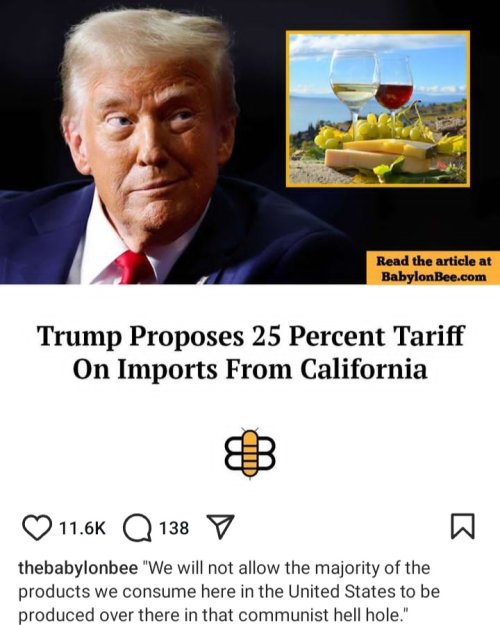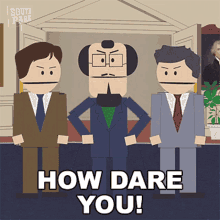SAJ-99
Well-known member
Pretty much, as should be clear anywhere on Black Friday.It is the American consumer's attention span that blissfully perpetuates the economic force factor of engineered obsolescence.
Amazon paid to broadcast an NFL game on Friday night and will have QR codes on the screen for people to scan with their phone to make buying that "junk" easier.
We are all part of the problem. Tariffs aren't going to solve that.







